Key Takeaways
- Not all summer drinks are as healthy as they seem.
- Many refreshing drinks contain hidden sugars that can impact your blood sugar control.
- Low-sugar, nutrient-dense drinks can help you stay cool, hydrated, and healthy this summer.
{{mid-cta}}
As the summer heat sets in, hydration becomes the name of the game. But not all trendy summer drinks are as healthy as they seem. While they might be labeled as “natural” or “low calorie,” they may contain hidden sugars or artificial sweeteners that can affect your blood sugar levels. Flashy marketing terms don’t guarantee health benefits, so it’s important to analyze the ingredient lists and nutrition facts.
Thankfully, healthy summer drinks, blood sugar levels, and staying cool can all go hand in hand if you know what to look for. Let’s break it down.
Hidden Sugars in Popular Summer Drinks
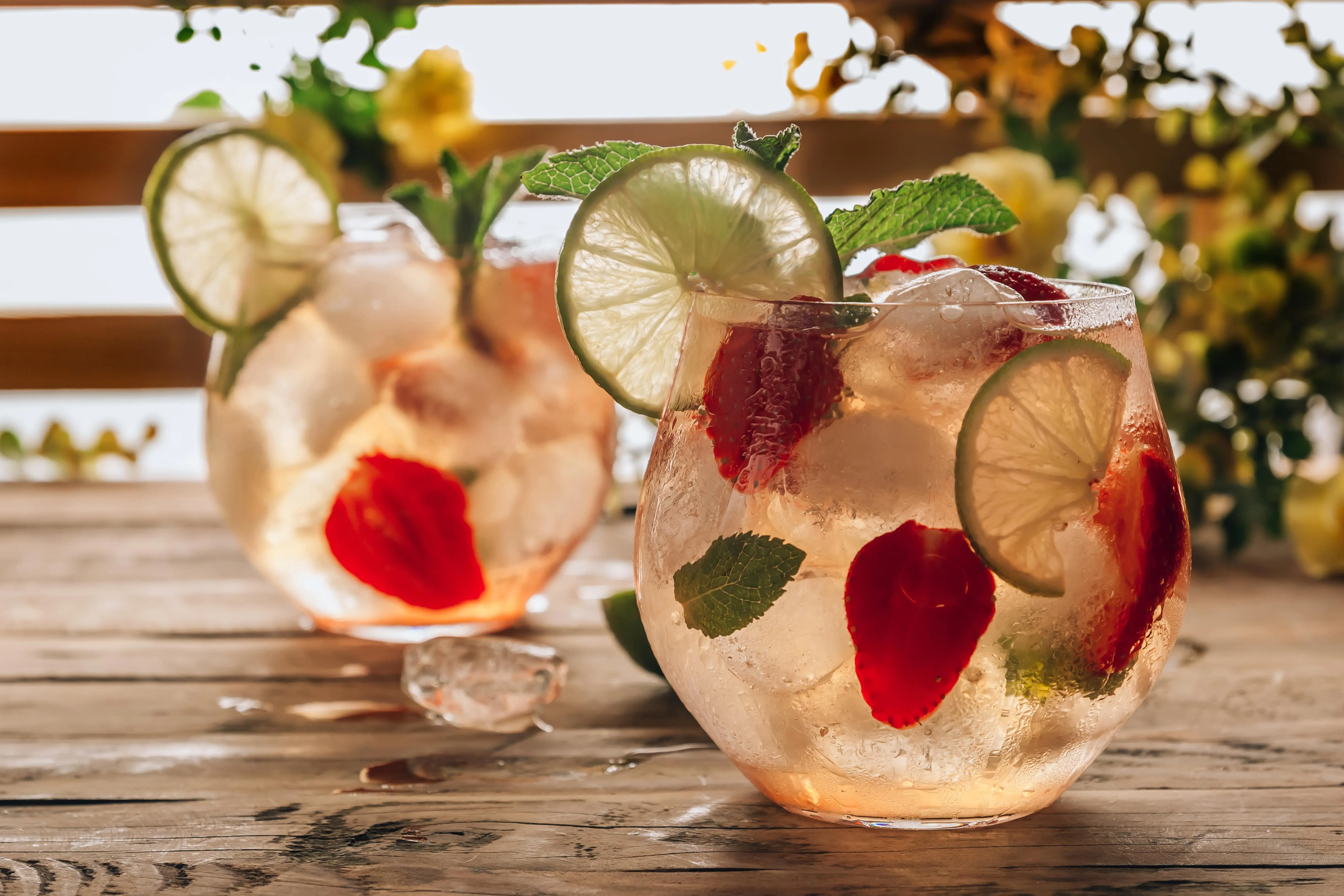
Some refreshing drinks can seem healthy at first glance, but many have hidden sugars. Store-bought smoothies and juices can contain upwards of 40 to 60 grams of carbohydrates per serving, which is roughly equivalent to consuming a whole sandwich or more. Drinking these alongside a full meal can raise your blood sugar significantly and make diabetes management difficult.
Energy drinks are another popular choice for a quick boost. However, they tend to be loaded with sugar and caffeine, which can spike your glucose and cause dehydration.
And while diet sodas and flavored iced teas may not contain sugar, they’re often made with artificial sweeteners that can impact your blood sugar levels. Research suggests artificial sweeteners can mess with your body’s insulin response and harm your gut health over time.7
Just because something is labeled “natural” or “diet” doesn’t always mean it’s the healthiest choice. Reading nutrition labels is the best way to know what’s in your drink, so you can stay hydrated while keeping your overall health in mind.
Healthier Hydration Options That Support Stable Glucose
-min.jpg)
Not all drinks are created equal when it comes to staying hydrated, especially when you look at their glycemic index. Some drinks, such as sodas, fruit juices, and sugar-sweetened beverages, can cause blood sugar spikes, contributing to health issues over time. Fortunately, there are healthier options to manage your blood glucose levels.
For example, infused water can be a great source of hydration, and it’s easy to make! We’re talking as easy as pouring a plain glass of water and adding some of your favorite fruits, mint leaves, or herbs for an extra flavor boost. You can get as creative as you like, but some popular options include cucumber mint, mixed berries, and lemon. Infused water is a tasty, customizable option with no added sugar.
Teas can be another wise hydration choice. Herbal teas, like hibiscus, chamomile, and mint teas, are rich in antioxidants and can be made without added sweeteners.1 Research even shows that green tea, which contains caffeine, can help improve hydration levels.2
Coconut water is another popular low-glycemic beverage, especially for athletes, due to its high electrolyte content. Sports drinks typically have a high sugar content and often don’t fit into a diabetic diet. Research indicates that coconut water may have a less significant impact on blood glucose levels, making it a potentially diabetes-friendly option.3
Beverages rich in probiotics, or good bacteria, can also be healthy drinks for blood sugar management. While drinks like buttermilk and kefir contain carbs, they support a healthy gut microbiome, and a healthy gut supports glucose stability.4
Lastly, chia or sabja seed water can be an interesting hydration option. The seeds absorb water, forming a gel-like substance and increasing the fiber content of your beverage. Drinking beverages like chia seed water might help you feel full while also helping your hydration levels.
Smart Swaps: Replace Sugary Drinks with Better Alternatives
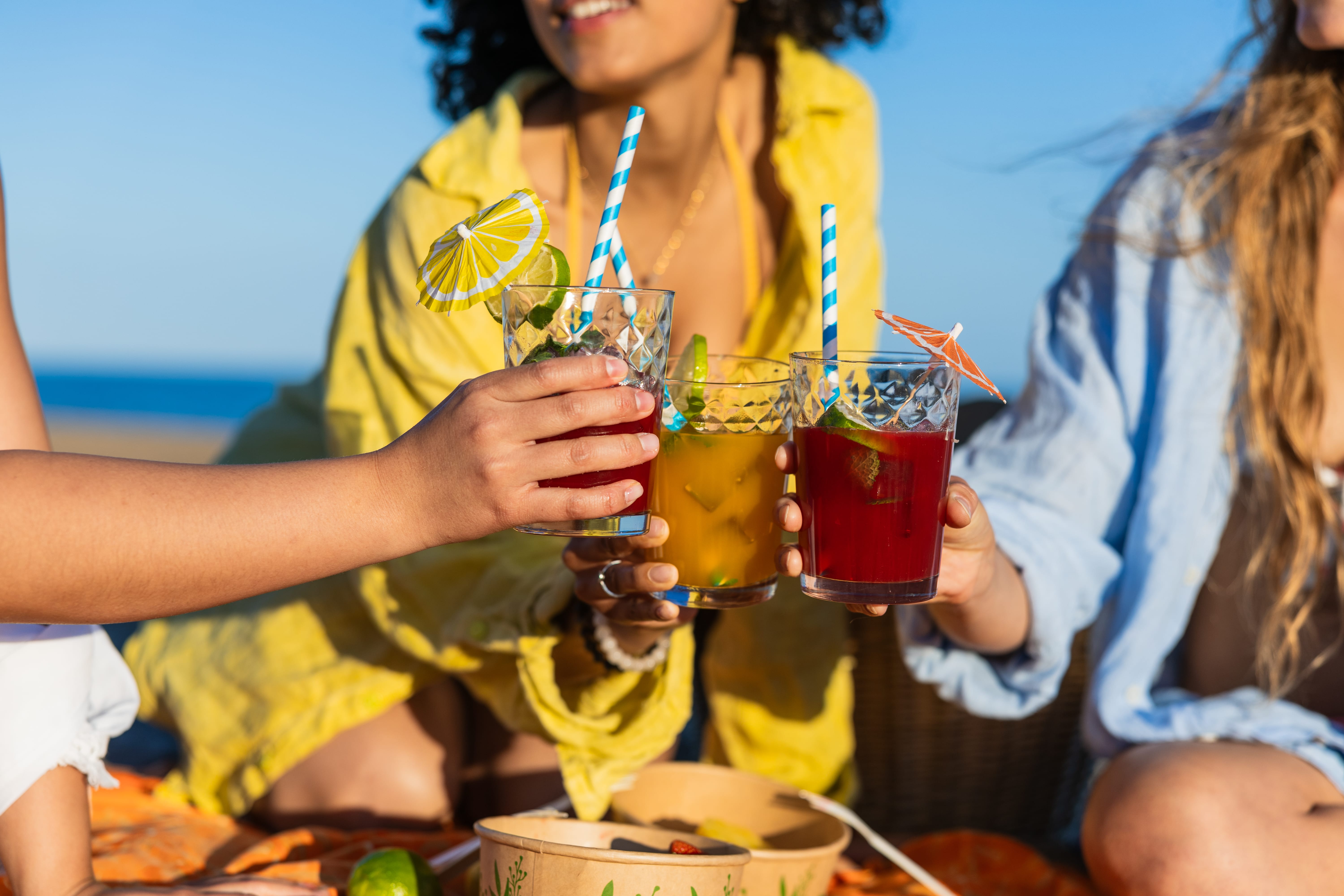
If you’re looking for better drink choices—for blood glucose management or overall health—here are some tasty and easy swaps:
- Sparkling water with fresh fruit: Replace sugary sodas with a glass of sparkling water and a slice of fresh fruit. It can satisfy your cravings for something fizzy without causing a sugar spike. You can get as creative as you like—add a squeeze of lime juice, pop in a couple of raspberries, or add slices of your favorite citrus fruits.
- Homemade berry protein shakes: Making your smoothies at home gives you complete control of the ingredients and their portion sizes. Instead of store-bought smoothies that contain added sugar, you can make your own at home using fresh berries and Greek Yogurt.
- Iced green or hibiscus tea: Opt for iced hibiscus or green tea instead of sweet tea made with added sugar. Add a few mint leaves or a squeeze of lemon juice for a burst of flavor.
Hydration Strategies for Hot Weather
Several factors influence your hydration needs, including your activity level, medical history, and location. However, the National Academy of Medicine recommends men drink approximately 3.7 liters daily, while women drink 2.7 liters daily.5
- Start with water as your primary source of hydration throughout the day. Then, opt for low-sugar options if you want something with more flavor.
- Use herbs and spices to add flavor and reap health benefits. For example, cumin has been linked to improved digestive health.6
- Traditional coolers, such as bael or sabja drinks, can be beneficial for hydration when consumed in moderation.
Most importantly, listen to your body. Monitor for signs of dehydration and work with your healthcare provider to determine your hydration needs.
Practical Tips to Avoid Glucose Spikes
There isn’t a one-size-fits-all method to stay hydrated, but there are several ways to keep hydrated without causing a blood sugar spike. To avoid glucose spikes, start by reading labels and choosing unsweetened drinks with no added sugar. These options can help you avoid hidden sugars that quickly raise your blood glucose levels.
Making your own drinks at home is another great way to support your hydration needs while controlling your blood sugar levels. For example, if you’re choosing between a homemade smoothie vs a store-bought juice, your blood sugar might appreciate the smoothie. You’re in control of the ingredients and their portion sizes, so you can honor your taste preferences without overdoing it and causing a sugar spike.
Last but not least, always stay aware of your blood sugar levels. Use a continuous glucose monitor (CGM) or finger stick tests to see how different drinks affect your blood glucose levels. Monitoring your blood sugar responses can help you make better choices in the future.
Bonus: Easy Blood Sugar–Friendly Summer Drink Recipes
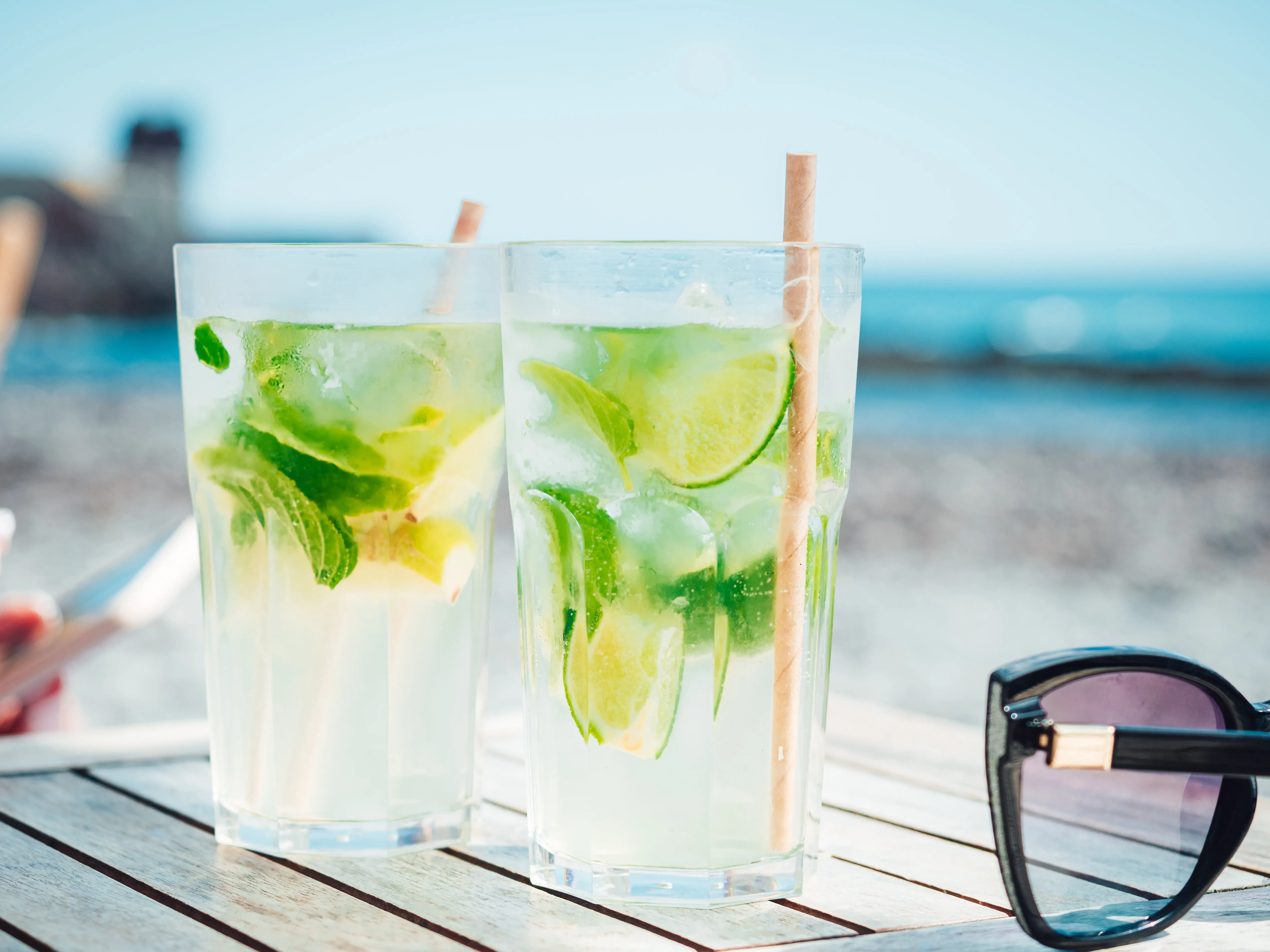
Cooling down this summer doesn’t have to be boring. Refreshing drink recipes can be light on sugar and big on flavor. Check out these summer drinks that won’t spike glucose levels:
- Sparkling Berry-Lime Mocktail: Start with a base of muddled berries and basil leaves. Squeeze in a dash of lime juice and top with chilled seltzer water. Stir and serve over ice for a fizzy, sugar-free drink.
- Mint-Cucumber Cooler: Slice half of a cucumber and add it to a pitcher of cold water. Sprinkle in fresh mint leaves and let the flavors infuse in the fridge for at least one hour. Serve chilled for a refreshing drink.
- Iced Green Tea with Lemon and Mint: Brew a batch of green tea and let it cool. Pour it over ice and add a mint leaf and a lemon slice for flavor.
With just a few ingredients, you can create a variety of hydrating, healthy drinks. Set yourself up for success by keeping natural, fresh ingredients on hand and getting creative with your recipes! Sipping smart lets you stay hydrated and feel your best all summer!
The Bottom Line
Not all summer drinks are as healthy as they seem. Store-bought smoothies, juices, and other flavored drinks can conceal large amounts of sugar behind flashy marketing terms. To stay refreshed and hydrated this summer, look for nutrient-rich, low-sugar summer beverages made with natural ingredients. Pay attention to how your body responds to different drinks and enjoy summer without glucose spikes! Reach out to your doctor or registered dietitian if you have questions about your hydration needs.
Learn More With Signos’ Expert Advice
Beverages aren’t a great source of fiber, so your body tends to digest them quickly. If your drink is high in carbs or contains a lot of added sugar, it can cause a blood sugar spike and contribute to long-term health issues. That’s where a continuous glucose monitor comes in handy.
Understanding how your body responds to different drinks can help you comprehend their impact on your overall health. Knowledge is power! Learn how Signos can empower you to make informed decisions about your diet, including what you drink!
Learn more about glucose levels on Signos’ blog.
Topics discussed in this article:
References
- Chandrasekara A, Shahidi F. Herbal beverages: Bioactive compounds and their role in disease risk reduction - A review. J Tradit Complement Med. 2018;8(4):451-458. Published 2018 Aug 9. doi:10.1016/j.jtcme.2017.08.006
- Takamata A, Oka A, Nagata M, et al. Effect of fluid replacement with green tea on body fluid balance and renal responses under mild thermal hypohydration: a randomized crossover study. Eur J Nutr. 2023;62(8):3339-3347. doi:10.1007/s00394-023-03236-3
- O'Brien BJ, Bell LR, Hennessy D, Denham J, Paton CD. Coconut Water: A Sports Drink Alternative?. Sports (Basel). 2023;11(9):183. Published 2023 Sep 14. doi:10.3390/sports11090183
- Palmnäs-Bédard MSA, Costabile G, Vetrani C, et al. The human gut microbiota and glucose metabolism: a scoping review of key bacteria and the potential role of SCFAs. Am J Clin Nutr. 2022;116(4):862-874. doi:10.1093/ajcn/nqac217
- Seal AD, Colburn AT, Johnson EC, et al. Total water intake guidelines are sufficient for optimal hydration in United States adults. Eur J Nutr. 2023;62(1):221-226. doi:10.1007/s00394-022-02972-2
- Amin EA, Ismail E, Mahboobeh R, Tabandeh S. The effect of Cuminum cyminum on the return of bowel motility after abdominal surgery: a triple-blind randomized clinical trial. BMC Complement Med Ther. 2024;24(1):254. Published 2024 Jul 4. doi:10.1186/s12906-024-04530-1
- M M, Vellapandian C. Exploring the Long-Term Effect of Artificial Sweeteners on Metabolic Health. Cureus. 2024;16(9):e70043. Published 2024 Sep 23. doi:10.7759/cureus.70043


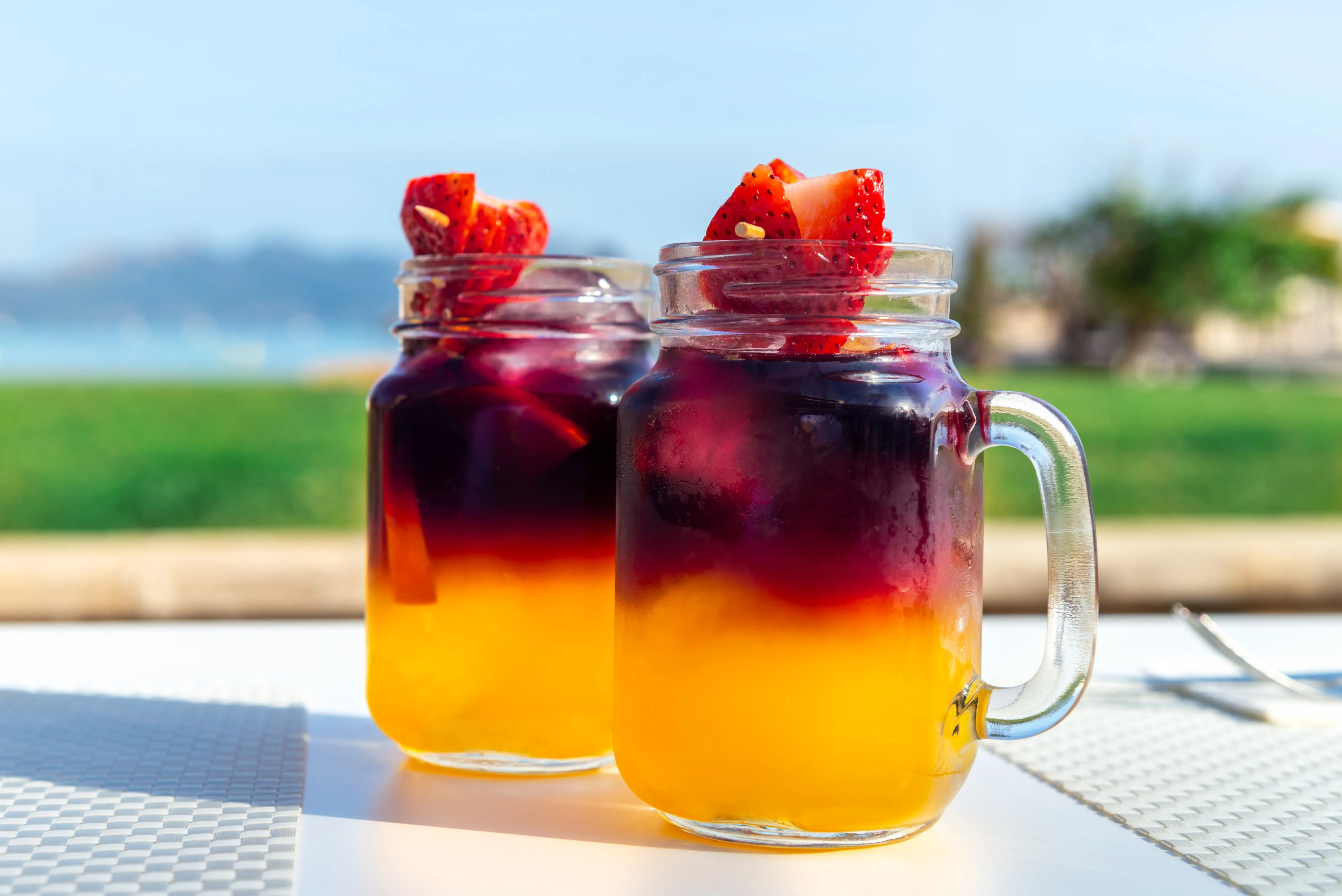

.svg)


.webp)


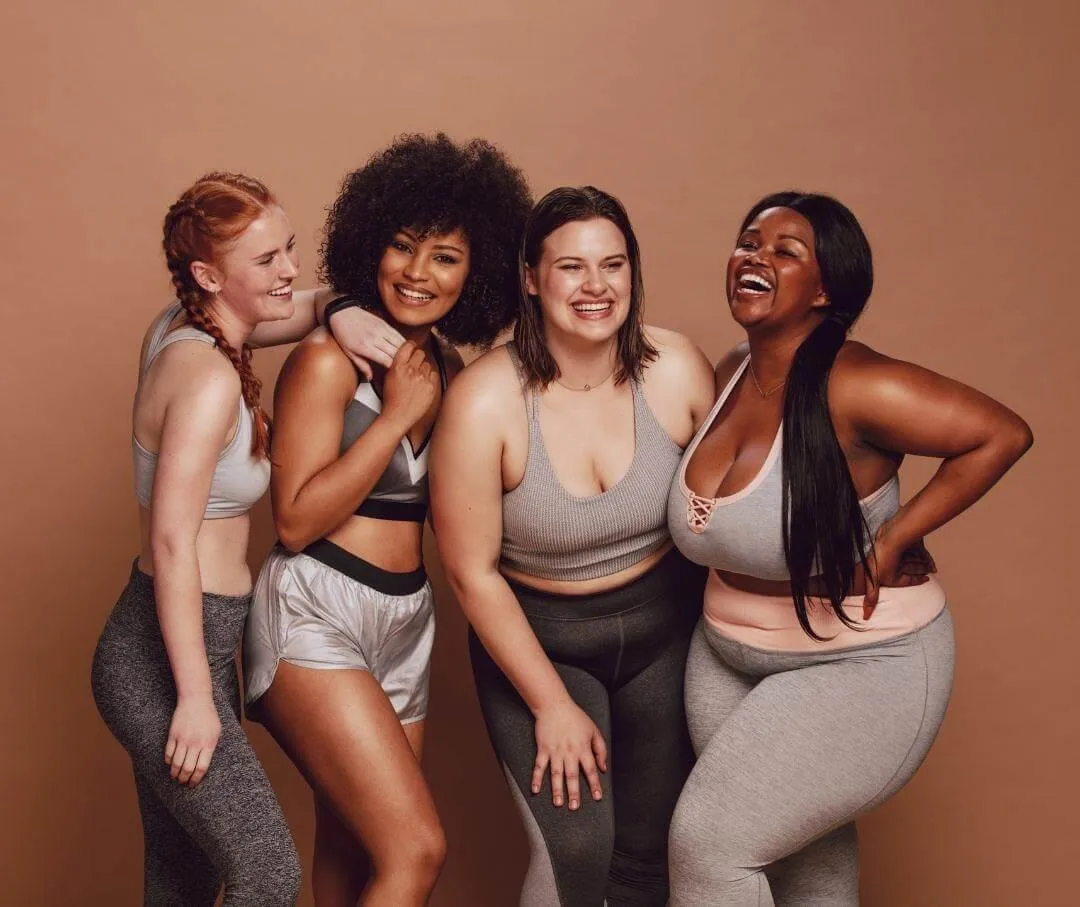
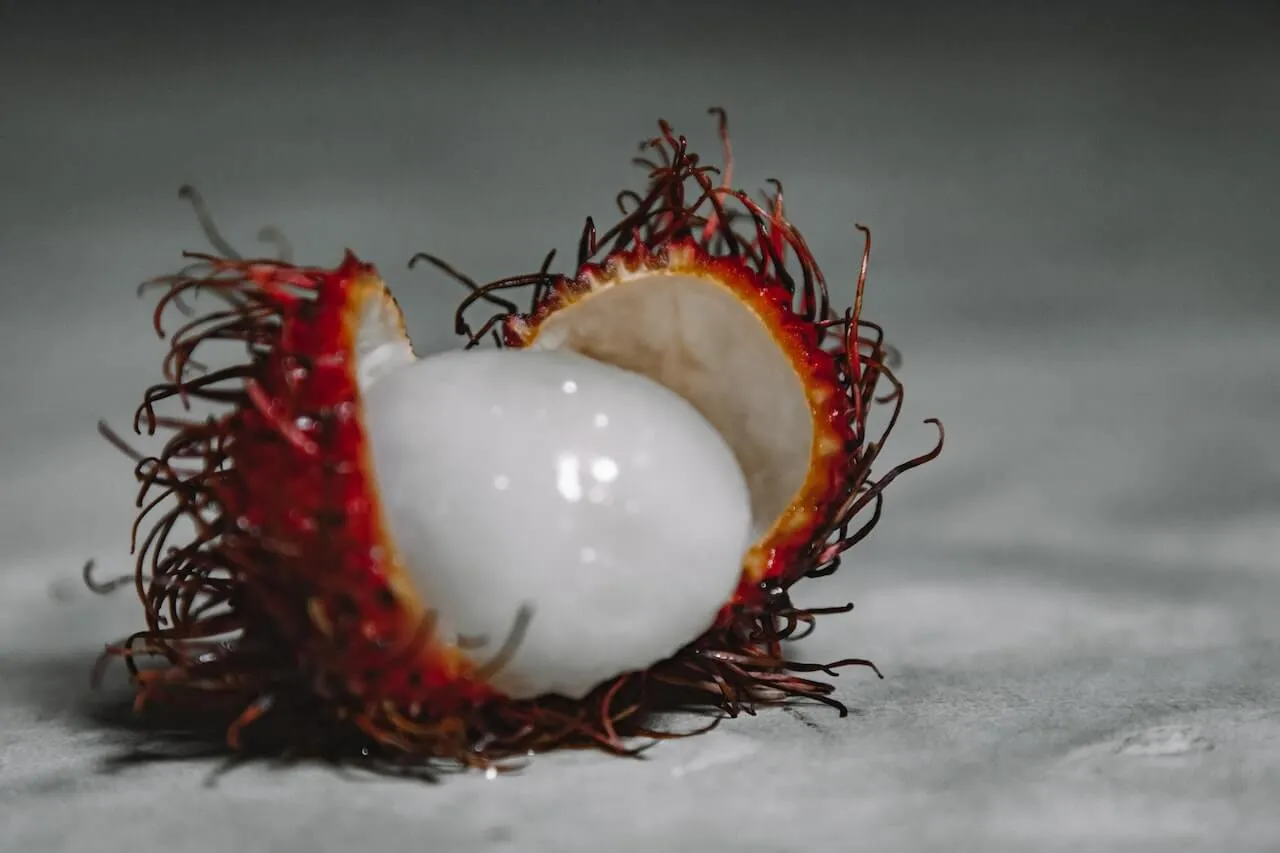
.webp)

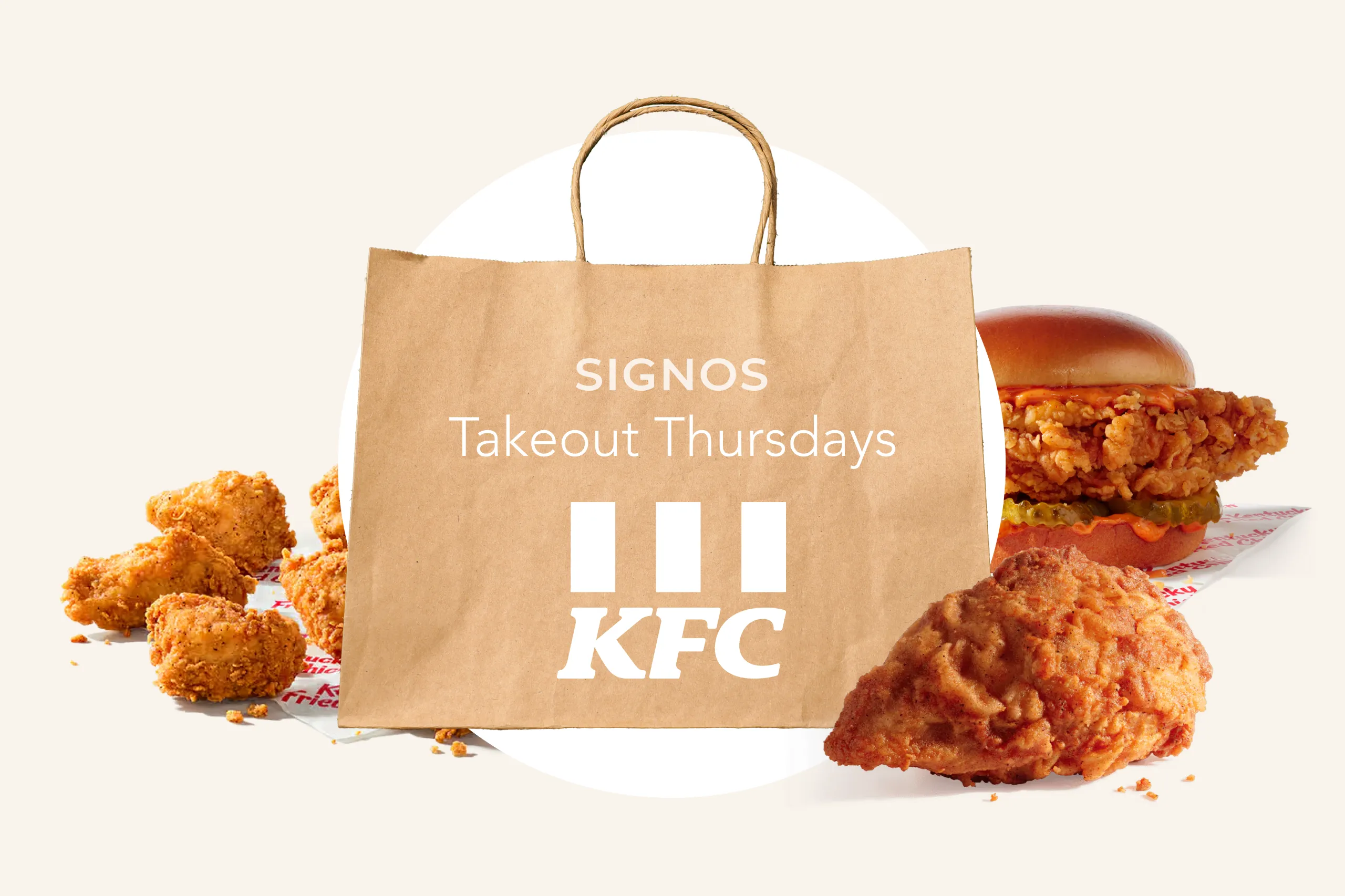
.svg)
.svg)
.svg)
.svg)
.svg)
.svg)
.svg)
